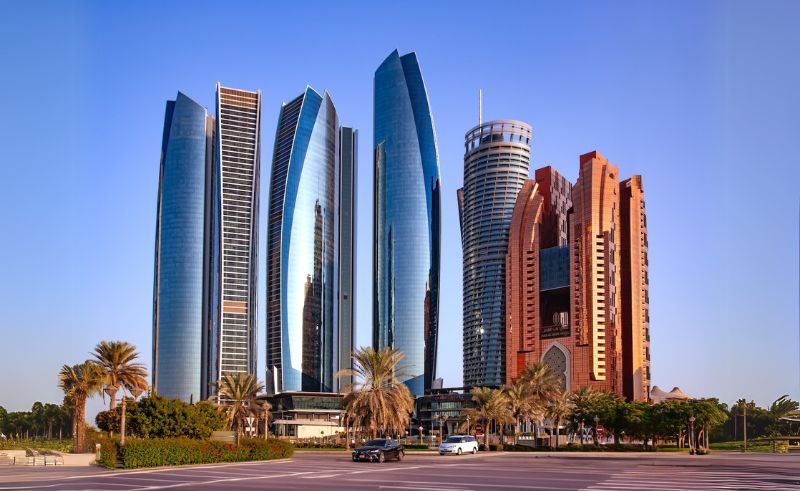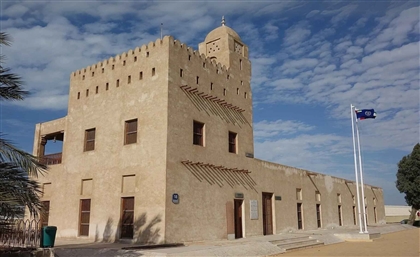Abu Dhabi Announces Major Changes in Real Estate Laws
Abu Dhabi has implemented new real estate laws to enhance market transparency and investor confidence.

Abu Dhabi introduced new real estate regulations as part of its ongoing strategy to solidify the emirate’s position as a global hub for property investment. The changes target several key aspects of the real estate sector, ranging from clearer legal definitions to improved dispute resolution mechanisms.
One of the core changes is the introduction of a detailed legal framework defining all activities that fall under the real estate sector. This includes buying, selling, leasing, registering, evaluating, and managing property. By formally classifying these functions, the law aims to reduce ambiguity and promote consistency across the industry, while enhancing legal protections for all stakeholders.
Another reform involves the process for resolving disputes in off-plan property sales. Developers now have the authority to cancel contracts if buyers fail to make payments, without going through court proceedings. However, such cancellations require approval from the Abu Dhabi Real Estate Centre (ADREC). This change is intended to streamline processes while incentivising buyers to adhere to payment schedules.
Day-to-day management of jointly owned buildings will now be transferred to licensed property management companies, replacing resident-led oversight. While owners’ committees will continue to play an advisory role, the shift aims to improve service quality, building maintenance, and operational efficiency by placing responsibility in professional hands.
New rules have also been introduced to govern the maintenance of shared facilities such as pools, gyms, parking areas, and hallways. These formal guidelines aim to ensure the consistent upkeep of common areas, ultimately improving residents’ quality of life and sustaining property value.
Finally, the law now includes a defined list of violations and associated fines, covering infractions such as non-compliance with building codes or mismanagement of shared funds. These penalties are designed to boost accountability and enforce higher standards throughout the sector.
- Previous Article WATCH: Amani Al-Khatahtbeh on ‘The Muslim Girl’ Reckoning
- Next Article Inside Egypt’s Seven UNESCO World Heritage Sites
Trending This Week
-
Feb 12, 2026



























